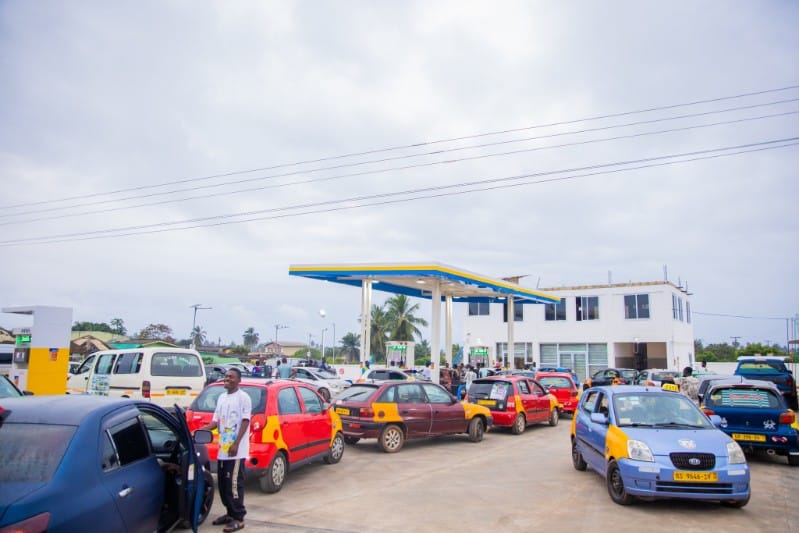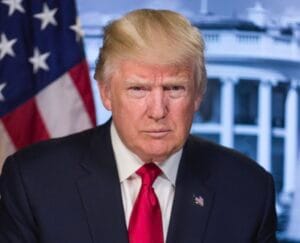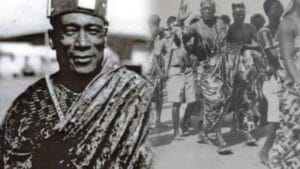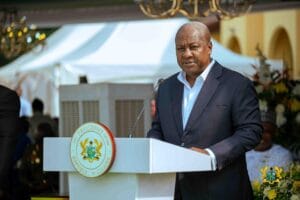
In July 2015, Ghana deregulated petroleum pricing in the downstream sector, paving the way for open competition on price. Until then, all Oil Marketing Companies (OMCs) could only sell at government-approved prices.
Star Oil had been operating since 1998, primarily serving underserved rural communities that the larger players often ignored due to their lower sales volumes. But deregulation would change everything — and we had to be ready.
Learning from History — The Deloitte Study
In what now feels like a seminal moment, our management team studied a 2012 Deloitte report on the UK petroleum retail market. The report’s lessons were profound, especially as we sought to understand what deregulation could mean for Ghana.
Several strategic decisions emerged from that study — decisions that would later define the new Star Oil.
1. Moving Away from the Dealer-Operated Model
In Ghana, industry insiders know that while dealers play a useful role in risk management, they also introduce major risks — including working capital diversion, unauthorized puchase and sale of ilicit and sometimes poor quality third-party products, and poor HR practices.
To transition away from the dealer system, Star Oil’s IT and Finance Teams developed a proprietary online software technology that enabled daily forecourt accounting and tight operational controls. This ensured that even without the dealer’s oversight, forecourt losses would be eliminated or minimized. By February 2018 the first edition of that software was released.
2. Becoming the “Least-Cost Competitor”
The Deloitte study revealed that UK fuel stations had collapsed from 37,000 in 1970 to about 9,000 in 2011 — largely due to intense price competition.
With over 150 OMCs already operating in Ghana, we knew the same could happen here. To survive, efficiency had to become our competitive advantage.
We therefore set out to turn industry-accepted losses into income sources, and to run our operations at costs lower than any competitor — without compromising on quality and quantity.
3. Tackling Quality Perception and Industry Malpractices
We also faced an uphill battle with negative perceptions about fuel quality — a problem many local OMCs suffered from due to poor corporate governance and often unfair advertising tactics.
But real quality issues also existed. Ghana’s downstream sector was and is still plagued by fuel adulteration, siphoning by tanker drivers, falsified calibration certificates, and a general culture of customer exploitation.
At Star Oil, we believed that true change required more than controls — it required ethical leadership, transparency, and a shared belief in doing what’s right. We built a culture where every litre, every transaction, and every customer interaction mattered.
4. Aligning Incentives and Building Ethical Systems
Following the implementation of the 20°C temperature compensation system in Ghana, we quickly integrated it into our online station management software and trained our drivers and station managers on it. We procured thermometers for all stations and also the drivers to avoid disputes over realised delivery overages – yes in Star Oil the disputes are over tanker driver overages and not the shortages the entire industry became so tolerant of.
To encourage integrity:
BRV drivers received 50% of any delivery overage as a trip bonus (minus tax).
A portion of the remaining 50% was credited to the station to offset temperature variations.
The rest funded our enhanced remuneration and performance reward systems.
This approach turned potential leakages into a motivation structure that rewarded honesty, efficiency, and teamwork.
5. Elevating Service Delivery Through Technology
We decided that cost savings from improved controls should benefit our workers, not just our balance sheet. Our attendants — all direct employees, not outsourced — now earn higher wages and performance incentives than anywhere in the industry.
We also invested heavily in CCTV cameras monitored remotely by a dedicated team. This reduced the need for on-ground security, frequent audits, and travel costs — while improving customer trust. When customers complained, CCTV footage helped us resolve cases transparently and fairly — often in real-time.
6. Harnessing Social Media and Building the StarSavers Community
To keep marketing costs low yet impactful, we turned to social media as our primary customer engagement and education tool.
We built a dedicated digital team led by our CMO, including multimedia creators and a social media administrator. Every post was reviewed internally before publication — ensuring accuracy and authenticity.
Through this, we created StarSavers — our community of loyal customers who not only save when they buy from us, but also saved Star Oil from the fate that befell many in the UK market. Their word-of-mouth advocacy remains our most powerful marketing force.
7. Ensuring Quality — Every Step of the Way
While affordability brought customers in, consistent quality made them stay. Beyond systems and ethics, we institutionalized rigorous quality controls:
Sourcing: We buy only from the largest and most reliable suppliers through competitive tender, and rigorously verify their quality certificates.
Tank Integrity: We conduct regular underground tank cleaning and pressure testing to prevent or detect water contamination.
Filtration: We now use 5-micron filters in product discharge to ensure additional purity before storage.
8. The Fundamentals Matter More Than Hype
At Star Oil, we didn’t chase buzzwords like “rebranding” or “additives.” Additives are only one small part of the quality equation — the real work is in governance, systems, and integrity.
As we like to say:
“A decorated donkey is still an arse.”
Marketing without substance never wins in the long run.
Conclusion
Our journey from “GaoGao” to Ghana’s leading fuel brand wasn’t built on slogans — it was built on fixing fundamentals: Competitive pricing. Consistent quality. Accurate quantities. Ethical leadership.
Our customers trust us not just because we’re affordable, but because we stand for something bigger — a fair, transparent, and proudly Ghanaian fuel brand that delivers on its promise every single day.
Philip Kwame Tieku - CEO, StarOil






